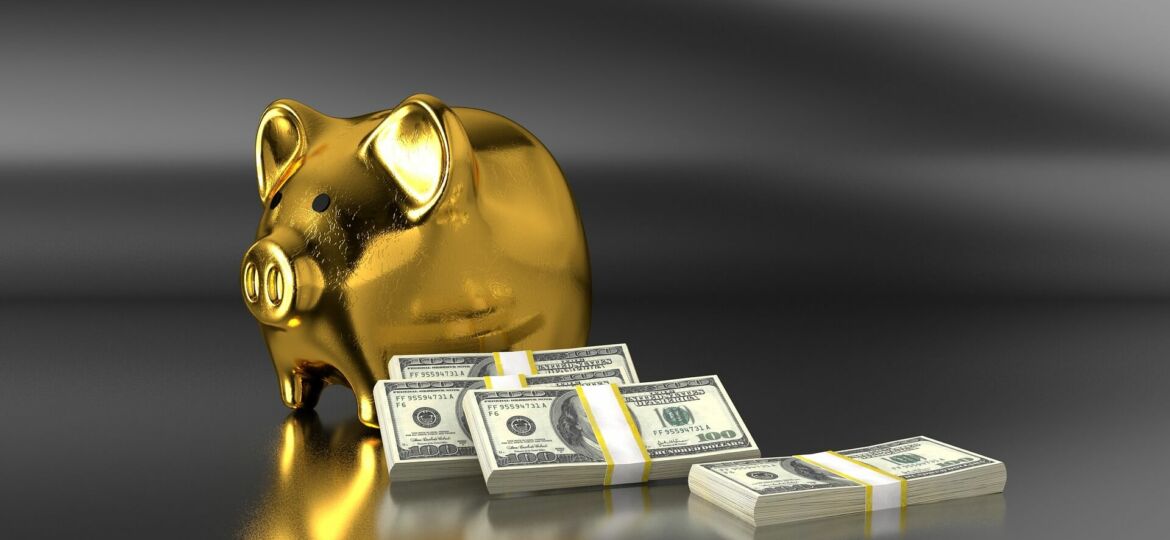
Cash advance loans are a type of short-term loan, designed to help you borrow money instantly when financial emergencies happen. A cash advance loan enables borrowers to receive a certain amount of money in advance which they agree to pay back later. Sometimes it may be possible to get a cash advance from your employer, by asking them for an advance on your wages, before your payday.
These types of loans can help you get money you need when you need it. For example, you may need a $500 loan to pay for emergency car repairs or you may need to borrow $2,000 in order to pay for a home repair before you have been paid by your place of employment.
It is always important to remember that any cash advance loan, much like other short term and personal loans should only be utilized as a last resort, and never as your first option.
Types of Cash Advance Loans in the USA
There are many different types of cash advance loans in the USA for borrowers to consider, including credit card cash advances, payday loan cash advances, employer cash advances, and more.
Each type of cash advance loan will have its own terms, conditions, eligibility criteria and interest rates – this will also vary depending on the lender.

Are Payday Loans a Cash Advance?
One of the most well-known types of cash advance is a payday loan.
This is a type of short-term loan that enables borrowers to borrow money to cover them financially until their next payday. Once they receive their paycheck, they will need to pay back the full amount of the loan plus interest and fees. Payday loans in the USA typically allow borrowers to get a short term loan, to get them through until their next payday.
Payday loans should only be used for emergencies as they are typically difficult to repay due to their short-term nature (usually between 2-4 weeks). If you need to borrow money over a longer period of time, you may consider emergency cash loans or even installment loans.
Credit Card Advance
You can also have a credit card cash advance.
This is when you take out a cash advance and the cash supplied is being borrowed against the credit on your card. There are a few different ways to take out a cash advance including at an ATM, in person or via a convenience check.
Cash advances via your credit card provider can be a way to get cash fast; however, there are certain fees incurred and high interest rates that could make it an expensive way to borrow money. You may for example be charged additional fees by your credit card provider for using your credit card as a source of cash.
Employer Cash Advance
Depending on your employer, you may be able to get an employer cash advance. This is when your employer gives you a set amount of cash up front the amount of which will then come out of your future paycheck. The exact terms of this will depend on your employer and you should tread carefully, as some employers may not be willing to give you this type of cash advance.

Are Cash Advances Bad For Your Credit Score?
Although taking out a cash advance does not necessarily directly impact your credit score, it could have an indirect impact that you may need to consider.
If you opt for a credit card advance, it will affect your outstanding balance. This, in turn, affects your credit utilization ratio: the amount of credit that you are using versus the amount of credit that is available.
For example, if you have a limit of $1,500 and owe $500, your credit utilization ratio is 30% which is the advised level. However, if you then choose to take out a cash advance of $300 on that card, the balance will be $800 and your ratio will be over 53%.
If you have a credit utilization ratio of more than 40% it presents you as a credit risk which can negatively impact your credit score.
If you are unable to pay back your cash advance promptly, you will be hit with the associated high interest rates which could subsequently impact your credit score. It is worth noting that if your cash advance puts you over your credit card limit, it will negatively impact your credit score.
Even once you have paid the full balance, your credit report will still show the highest balance reports. This means that future lenders could see that you were once over the limit which could hurt your ability to secure new credit or loans.
What Are the Advantages and Disadvantages of Cash Advances?
There are many different potential advantages to taking out a cash advance. For example, if you have an emergency expense that needs paying, and limited funds to pay it off, it may be worth exploring a cash advance, especially if you are clear on your repayment plan.
Even though cash advances can have high interest rates, they are still not nearly as high as those of a payday loan or car title loan. Credit card cash advances also come with a greater deal of payoff flexibility.
However, there are certain cases in which a cash advance may not be advisable. For example, if you are planning to declare bankruptcy, your credit card debt will still appear. Creditors and a judge will work together to examine your debts, the dates the credit was taken out and the type of credit.
If you take out a cash advance soon before declaring bankruptcy, it can be viewed as fraudulent and is likely to be challenged by the judge.
You should also steer clear of using a cash advance in order to pay a credit card bill as it is a very expensive method of payment which could easily enter you into a nasty spiral of debt. In fact, you could end up paying multiple times the amount of the original advance once you take into account interest rate and additional fees.
Finally, you should not use a credit card advance to pay for something that you cannot afford. Cash advances should always be considered as money that you need to pay back. If you cannot afford to repay it in the future, then you are living out of your means.

